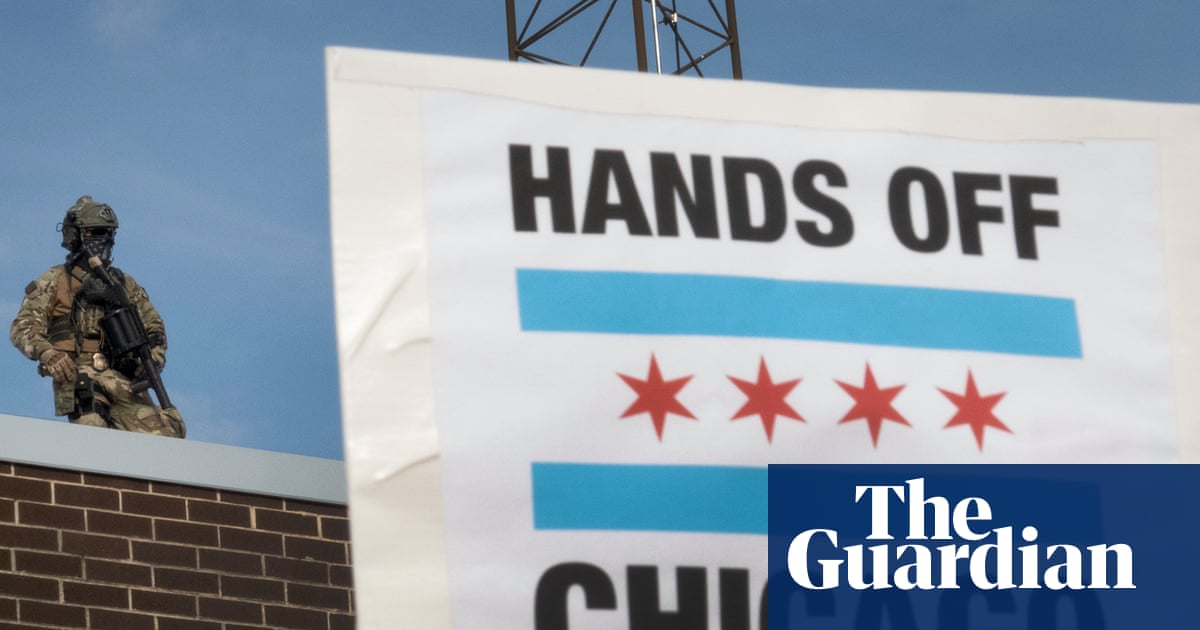An attempt to change the law on abortion led by the Labour MP Stella Creasy is not supported by “any of the abortion providers in the country”, a leading pro-choice charity has said.
Rachael Clarke, the head of advocacy at the British Pregnancy Advisory Service (Bpas), said Creasy’s NC20 amendment to the criminal justice bill “is not the right way” to overhaul abortion laws.
Bpas is instead backing a separate proposal, NC1, put forward by another Labour backbencher, Tonia Antoniazzi.
Antoniazzi’s amendment has the support of more than 50 pro-choice organisations. They include Bpas and MSI Reproductive Choices, the two largest abortion providers in England, and the Royal College of Obstetricians and Gynaecologists.
“We are not supporting NC20, and neither are any of the abortion providers in the country,” Clarke told BBC Radio 4’s Today programme on Tuesday.
She added: “Abortion law is incredibly complex. It governs 250,000 women’s healthcare every single year.
“Because of that, it is essential that any huge change to abortion law is properly considered. That means involvement with providers, medical bodies, regulators – and proper debate time in parliament.”
She warned that MPs were being asked to back a “generational change” after just three hours of debate next week. Votes on amendments, which must first be selected by the Commons speaker, are due to take place on 17 and 18 June during the report stage of the bill.
“For us, unfortunately, although we truly believe that we need overwhelming and generational change for abortion law, Stella Creasy’s amendment is not the right way to do it,” Clarke said.
Abortion in England and Wales remains a criminal offence, most often prosecuted under a piece of Victorian legislation, the Offences Against the Person Act of 1861.
However, the Abortion Act 1967 set out criteria under which abortions could be carried out legally, with most carried out up to 24 weeks, and terminations allowed at any point in certain strict circumstances, such as when the mother’s life is at risk or the child would be born with a severe disability.
Antoniazzi’s amendment would remove “women from the criminal law related to abortion”, meaning “no offence is committed by a woman acting in relation to her own pregnancy”. The framework by which abortion is accessed would remain the same.
“The police cannot be trusted with abortion law – nor can the CPS or the wider criminal justice system,” she said. “My amendment NC1 to the crime and policing bill will give us the urgent change we need to protect women.”
Creasy’s amendment seeks to decriminalise abortion up to 24 weeks, negating elements of the Abortion Act. It would also ensure that late-term abortions outside the Abortion Act did not result in prison sentences.
“Our proposal explicitly leaves in place the well-established time limit under which you can access an abortion,” Creasy said. “It removes the threat of criminal prosecution for abortion because it is a healthcare matter.”
A number of recent criminal prosecutions, including that of Nicola Packer, who was last month found not guilty of carrying out an illegal abortion, have brought the issue to the fore.
A petition has gathered more than 103,653 signatures urging the government at Westminster to “remove abortion from criminal law so that no pregnant person can be criminalised for procuring their own abortion”.

 3 months ago
63
3 months ago
63

















































